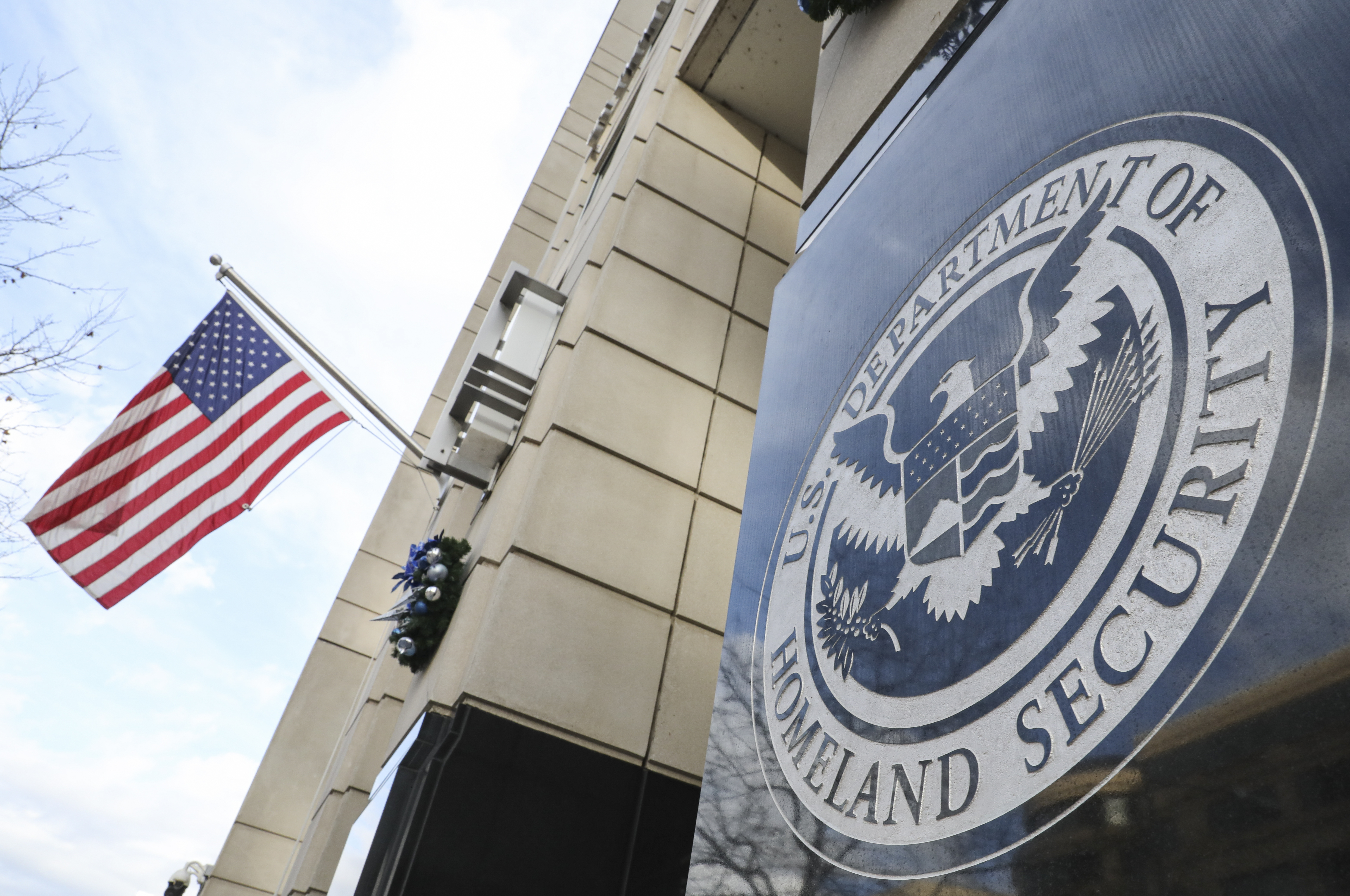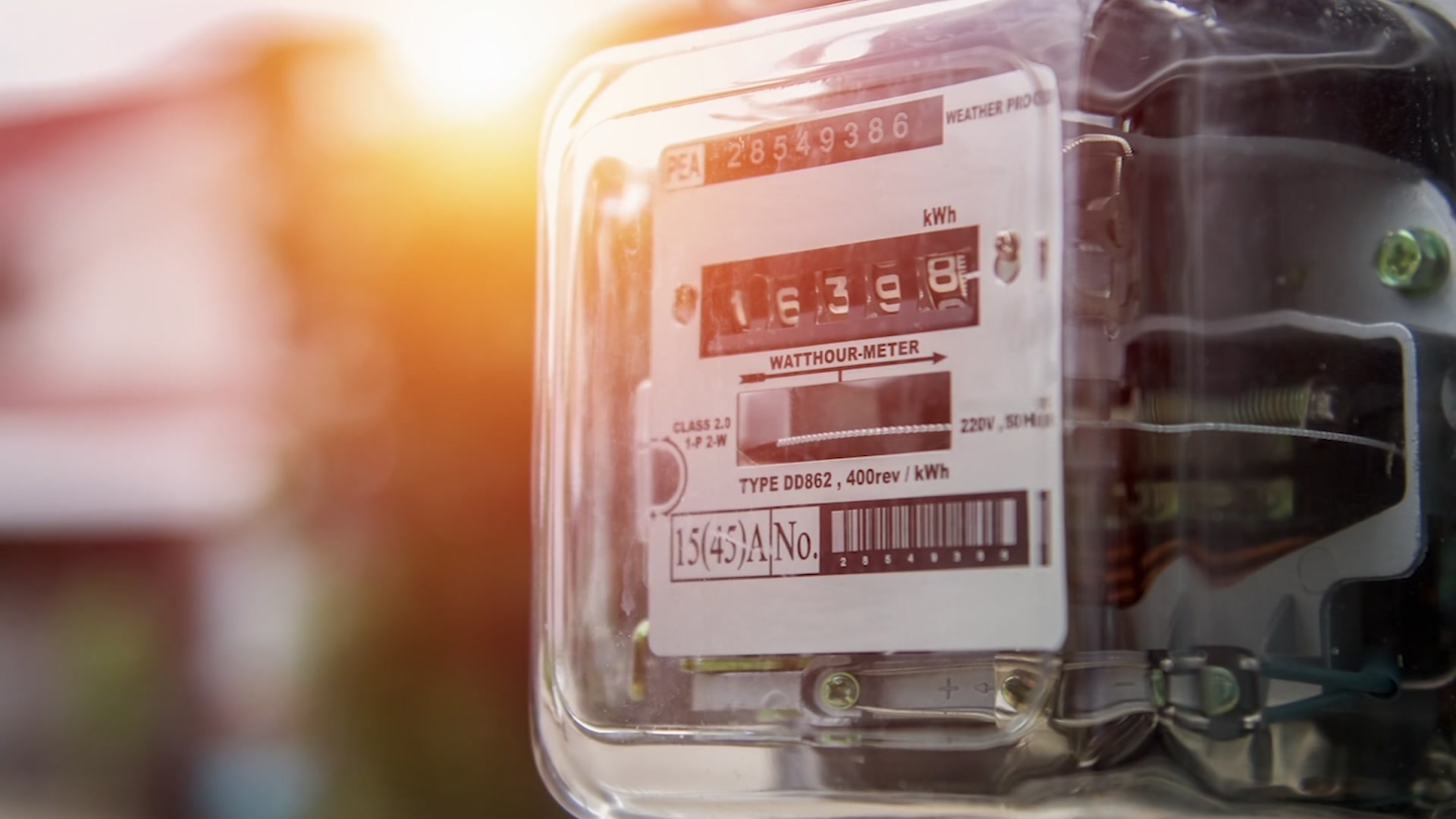"My Dexcom goes off in the middle of a math test. That awkward moment when every single face in the class is looking at you."
Thirteen-year-old Logan Merwin’s life is different than most of his classmates.
“For the past 11 and a half years I have been the owner of a mostly useless pancreas and for every second of my body not cooperating my family has struggled with the high price of insulin and diabetes supplies," the Haddham seventh-grader said at a podium captivated a crowd at the Capitol Thursday.
He and his family in full support of a bipartisan bill proposed at the news conference.
Republican and Democrat lawmakers in attendance said the bill would cap the out-of-pocket monthly cost of insulin to $50, among other provisions.
"It cost about $5 to make one vile of insulin. Yet, as anybody up here who can tell you that the average price is $350 to $400. That is outrageous,” said House Chair State Representative Sean Scanlon (D-Guilford).
“I've had to decide between paying bills and putting gas in my car and even having enough to eat sometimes. There were also times I had to ration my insulin,” said diabetic Tom Dykas of Groton.
Local
We’re told this bill would only impact patients on insurance plans regulated by the state, which is about a third of those living in Connecticut.
But the lawmakers looking to pass the bill say they hope their efforts make an impact on the industry and nudges federal lawmakers as those in Connecticut continue to look into solutions for making this cap a possibility for all residents of our state.
“There's one simple idea that we've got to get out there that nobody in Connecticut should die because they can't afford insulin," Senate Chair of the Insurance & Real Estate Committee State Senator Matt Lesser (D-Middletown)
“I've been worrying about when I'm living on my own with low money, how am I going to get insulin?” pondered Merwin.
“This is not something Logan should be worried about,” said Scanlon.
NBC Connecticut reached out to the top three insulin companies about their thoughts about this bill.
NovoNordis released this statement,
"We’ve always supported efforts to reduce patients’ out of pocket costs, especially when benefit design presents patients with affordability challenges. We’re aware of this proposed legislation in Connecticut but at this point we’re evaluating the bill’s details. Importantly, we have new options for patients struggling to afford their insulin including a program in which eligible patients can buy 3 vials or 2 packs of pens for $99; authorized generic versions of our rapid acting and premixed insulins at 50 percent off of the list price available from NNPI; and if someone needs insulin immediately or wants more information about these offerings, they can call us at 1.844.668.6463 or by visiting NovoCare.com."
This from Eli Lilly and Company,
“Some people, because of their insurance plan designs, continue to pay too much out-of-pocket for their insulin, and that needs to change. The health of people living with diabetes is too important. In the meantime, Lilly has numerous options for people who have trouble affording their insulin, including $95 caps at retail pharmacies for people with commercial plans, insulin that can be accessed at free clinics for people who qualify, and immediate help for people with nowhere else to turn. Anyone needing help affording their Lilly insulin should contact the Lilly Diabetes Solution Center at (833) 808-1234. Each month, up to 20,000 people receive help through our resources. We hope anyone who uses Lilly insulin and needs help with affordability contacts us.”
Sanofi officials wrote:
"We are engaged with the Administration and with health plans to identify approaches to help lower costs for patients. We are reviewing the legislation referenced to fully understand what it does, but as a matter of policy, Sanofi supports capping patient out of pocket costs for insulin because of unjustified cost shifting from health plans to patients who need insulin to manage their diabetes.
For example, the net price – that is, the amount health plans pay for medicines after discounts and rebates – of Lantus, our most prescribed insulin, has declined by over 30% since 2012 while out-of-pocket costs for patients with commercial insurance or Medicare Part D has increased by over 60% over that same period of time.
There is no justification for health plans to force patients to pay more for insulin when the health plans are paying less."
They also noted that they have worked to lower out-of-pocket costs for patients with diabetes in the past.



